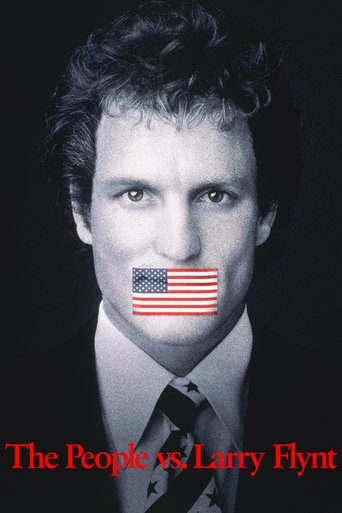Es posible que no le guste lo que hace, pero ¿está dispuesto a renunciar a su derecho a hacerlo?
En Estados Unidos, a principios de los años setenta, en plena revolución sexual, un empresario llamado Larry Flynt crea una cadena de establecimientos de strip-tease, que será la base de su gran imperio de revistas: Hustler fue, para muchos, una revista vulgar, sensacionalista y provocadora, pero convirtió a Flynt en el adalid de la primera enmienda de la Constitución americana.
*Si nuestra moderación aprueba tu versión, será reemplazada y serás acreditado como autor del texto.
Año1996
Presupuesto36000000$
Duración130 minuto
Ingresos20300385$
GénerosDrama
Países de producciónUnited States of America



